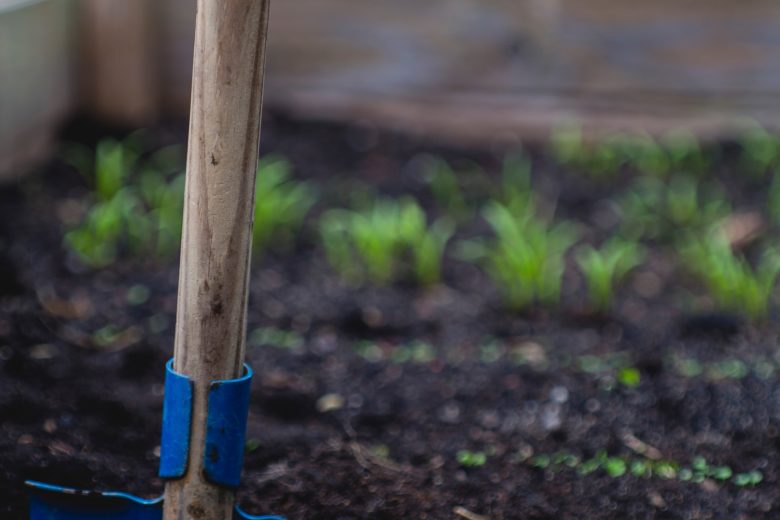Sunny days have my bunch social distancing with adventures around blooming daffodils and a trickling creek (followed by extensive laundry). I’m praying for those who are more contained indoors, such as in assisted-living facilities or in different parts of the world without quite so much room to roam. It’s been a blessing to be outside, to momentarily disconnect with media, and entertain something else: hopes for a garden. More specifically, raised garden beds.
If you’re considering trying your hand (or green thumb) at gardening this year, raised beds are particularly beginner-friendly and still rewarding for the most experienced gardeners.
Check out Seven Reasons for Raised Garden Beds below:
- Raised garden beds are a great growing-alternative for the family or individual with limited outdoor space. The opportunity to grow vining plants vertically through the use of a fence or trellis (preferably on the north side of the garden) can almost double the plot’s production potential.
- Less weeding! By being up and away from the yard and lawn clippings, raised garden beds are less susceptible to being overrun by weeds. When weeding or any type of tending does need to happen, the raised position also alleviates strain on the gardener’s back.
- Raised beds are excellent for soil draining which allows for earlier planting in the spring. A longer growing season means more plants! Just be sure to consider the water needs of your garden, keeping in mind that the beds dry out more quickly than level ground. Mulch can help retain moisture.
- Kentucky and many parts of the country can have challenging soil conditions such as clay, compacted dirt, or maybe no dirt at all. These can be easily overcome by raising the plants above the surface level issues and controlling the soil utilized for raised beds.
- Speaking of soil compaction, one of the greatest advantages of properly made raised garden beds is that they eliminate foot traffic and the threat of plant and root damage. Raised beds should be built so the gardener can work on both sides of the bed, reaching across and not having to step inside (usually about 4’ wide).
- Many gardeners who want to grow their own food are concerned about the chemical or toxin exposure with their vegetables. Having raised beds reduces the potential for plants to absorb heavy metals from contaminated soils. This is especially important to consider in urban areas, and completely fixable through properly constructed/maintained raised garden beds.
- Gardening on a budget? Although the initial investment can be more for raised beds verses ground-level gardening, the space concentration provides for conservation of materials later: water, fertilizer, mulch, etc. Try pinching some pennies by being creative when constructing your raised beds.
Wishing you the best as you prepare your garden plans…plans for hope and a future full of blessings.
**Feature photo by Markus Spiske on Unsplash
